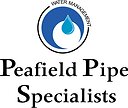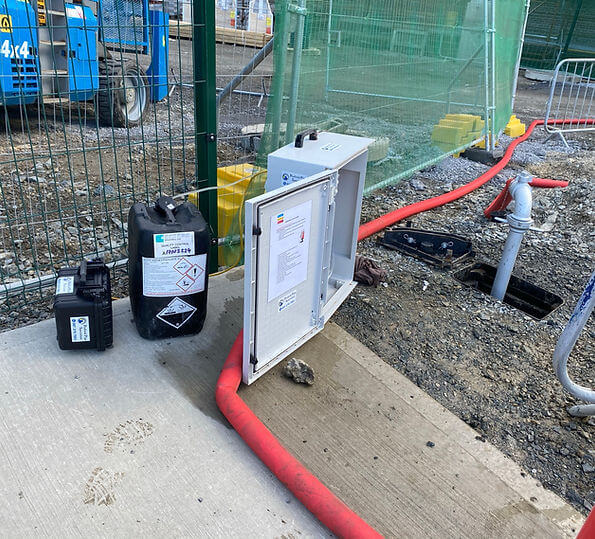Hydrostatic testing is a process that involves testing the strength and integrity of pressure vessels, pipelines, and other types of equipment that are used to transport or store pressurized fluids. The process involves filling the equipment with water and pressurizing it to a level that exceeds its normal operating pressure, which allows for the detection of leaks and other defects. Professional hydrostatic testing is essential for ensuring the safety and reliability of these critical pieces of equipment. In this article, we will discuss some of the benefits of professional hydrostatic testing.
Ensuring safety and reliability
Professional hydrostatic testing is crucial for ensuring the safety and reliability of pressure vessels, pipelines, and other types of equipment. This is because hydrostatic testing can identify defects and weaknesses that could lead to catastrophic failure. By subjecting the equipment to pressures that exceed its normal operating pressure, any leaks, cracks, or other issues can be detected and addressed before they become a safety hazard.
Compliance with industry standards
Hydrostatic testing is often required by industry standards and regulations. Professional hydrostatic testing ensures that equipment is tested in accordance with these standards and regulations. This is essential for ensuring that the equipment is safe and reliable, and for avoiding potential legal and financial consequences associated with non-compliance.
Detecting corrosion and erosion
Corrosion and erosion are common problems that can affect pressure vessels, pipelines, and other types of equipment that are used to transport or store pressurized fluids. These problems can weaken the equipment and make it more susceptible to failure. Professional hydrostatic testing can detect corrosion and erosion, allowing for repairs or replacements to be made before the equipment fails.
Extending the life of the equipment
Professional hydrostatic testing can also help extend the life of pressure vessels, pipelines, and other types of equipment. By detecting defects and weaknesses early, repairs or replacements can be made before the equipment fails, prolonging its useful life. This can save companies money by avoiding the need for premature replacement of equipment.
Identifying equipment problems before they become more serious
Professional hydrostatic testing can identify equipment problems before they become more serious. By detecting leaks, cracks, and other issues early, repairs or replacements can be made before the equipment fails. This can prevent downtime and production losses, which can be costly for companies.
Cost-effective
Professional hydrostatic testing is cost-effective when compared to the potential costs associated with equipment failure. The cost of hydrostatic testing is a fraction of the cost of replacing equipment that has failed due to undetected defects or weaknesses. By investing in professional hydrostatic testing, companies can save money in the long run by avoiding the costs associated with equipment failure.
Improved performance
Professional hydrostatic testing can also improve the performance of pressure vessels, pipelines, and other types of equipment. By detecting and addressing defects and weaknesses, equipment can operate at its full potential, which can result in improved efficiency and productivity.
Compliance with insurance requirements
Many insurance companies require regular hydrostatic testing as a condition of coverage. Professional hydrostatic testing can help companies comply with these requirements and maintain insurance coverage. This can provide companies with peace of mind knowing that their equipment is safe and reliable, and that they are protected in the event of a failure.
Final Word
Professional hydrostatic testing is essential for ensuring the safety and reliability of pressure vessels, pipelines, and other types of equipment that are used to transport or store pressurized fluids. Hydrostatic testing can detect defects and weaknesses that could lead to catastrophic failure, and can help companies comply with industry standards and regulations. Additionally, hydrostatic testing can detect corrosion and erosion, extend the life of equipment, and improve its performance. By investing in professional hydrostatic testing, companies can save money in the long run by avoiding the costs associated with equipment.

